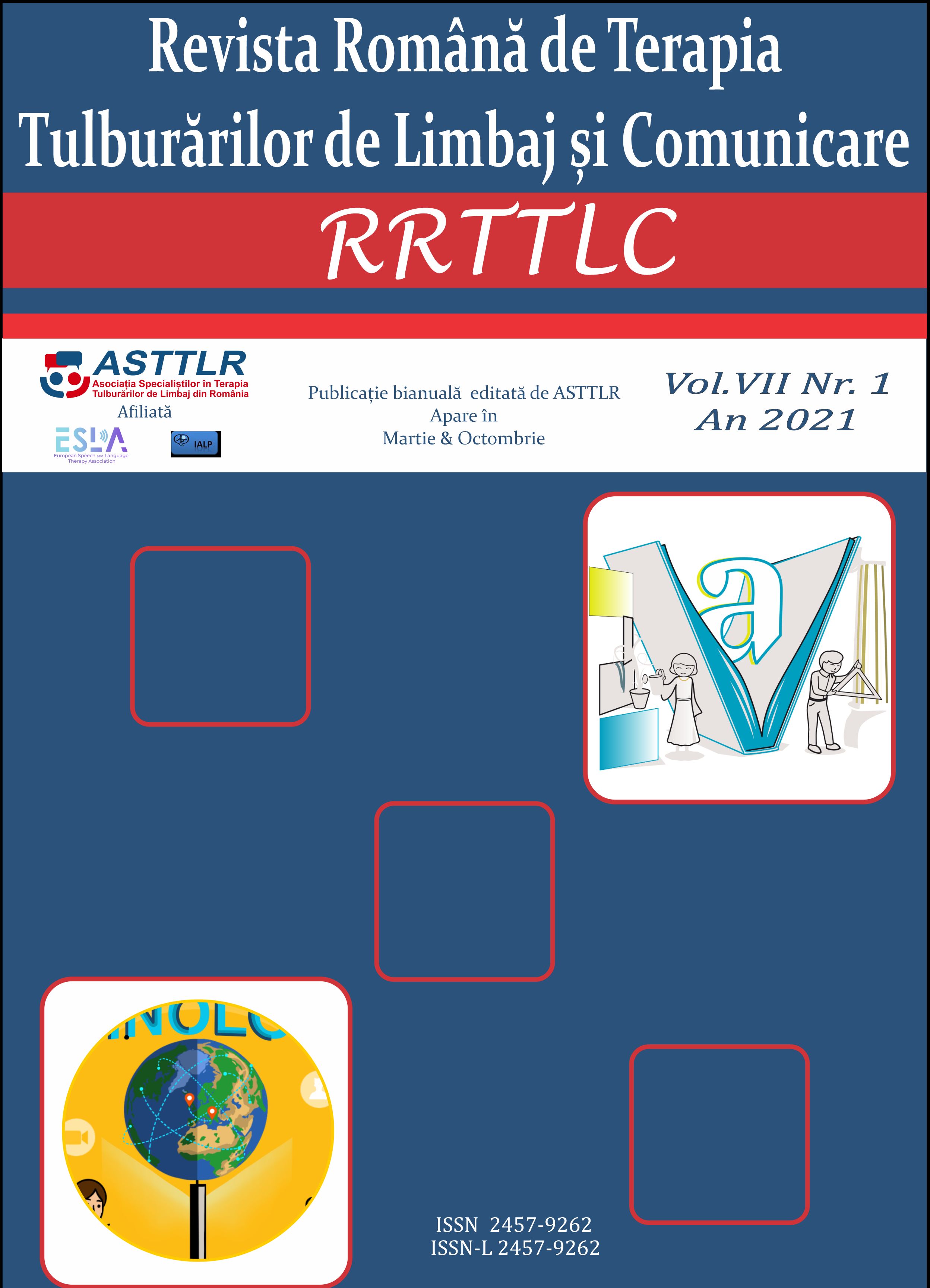Auto-compasiunea și auto-eficacitateaca – resurse personale în cazul terapeuților
Self-compassion and self-efficacity as personal resources for therapists
Author(s): Raluca Nicoleta Trifu, Bogdana Susana Miclea, Dana Herța, Smaranda Pușcașu, Horia ComanSubject(s): Individual Psychology, Social psychology and group interaction, Experimental Pschology, Psychology of Self, Clinical psychology, Social differentiation, Health and medicine and law, Economic development
Published by: Asociația Specialiștilor în Terapia Tulburărilor de Limbaj din România
Keywords: self compassion,; self efficacy; personal resources; therapist resources; Self-Compassion Scale;
Summary/Abstract: One of the special human qualities is the compassion shown towards our fellow, in special situations, people who live certain states determined by the moments of life they go through. Self-compassion refers to the ability to show compassion, understanding and protection to oneself. It is operationalized by researcher Kristin Neff. Self-efficacy, proposed by Albert Bandura, refers to the perception of self and is related to the belief in one's own abilities, in one's own ability to solve situations. The interest of the study aims the relationship between self-compassion and self-efficacy in the case of a distinct category, that of therapists, professionally faced with situations that require personal resources. Methods: The level of self-compassion was assessed with the Self-Compassion Scale, 26 items, proposed by Kristin Neff. The level of self-efficacy was assessed using the New General Self-Efficacy Scale, the 8-item scale proposed by Gilad Chen & co (2001). Both questionnaires were distributed electronically. The data obtained were statistically analyzed and interpreted. Results: In the professional categories investigated, there are underline links and relations between the two constructs, with professional implications. The results show (1) Therapists have high values in assessing self-efficacy; (2) Therapists have high values of self-compassion; (3) Therapists have a high level of self-compassion and a low level of self-criticism as indicated by the self-compassion sub-scales; (4) There is a direct relationship between self-efficacy and self-compassion; (5) Therapists with high level of self-compassion also have a high level of self-efficacy (6) The level of self-efficacy is influenced by age and professional experience. (7) The level of self-compassion is influenced by age and professional experience Conclusion: The two concepts discussed are important in relation to certain professional categories and under the auspices of situations considered stressful and with emotional burden.
Journal: Revista Română de Terapia Tulburărilor de Limbaj şi Comunicare
- Issue Year: VII/2021
- Issue No: 1
- Page Range: 3-16
- Page Count: 14
- Language: Romanian

